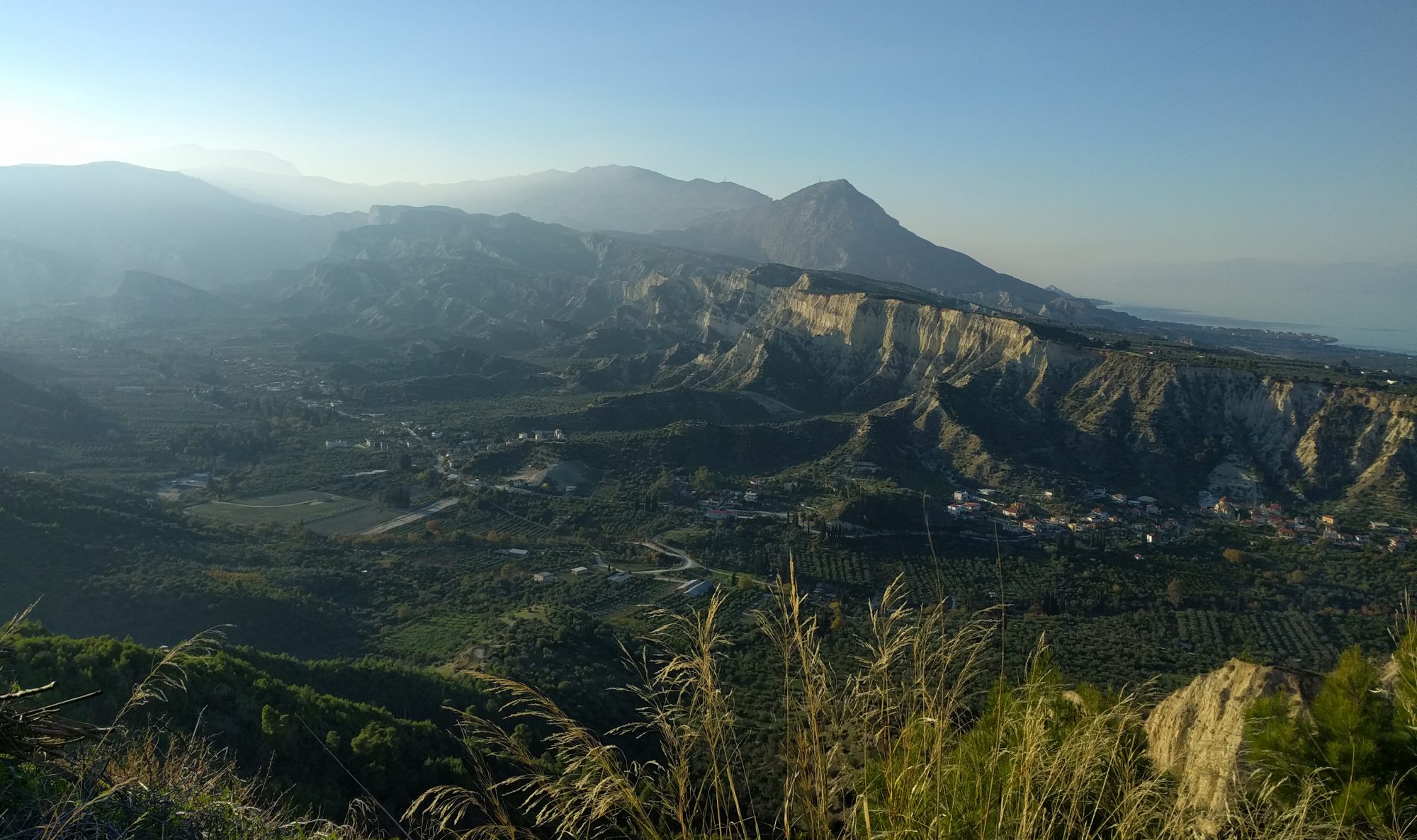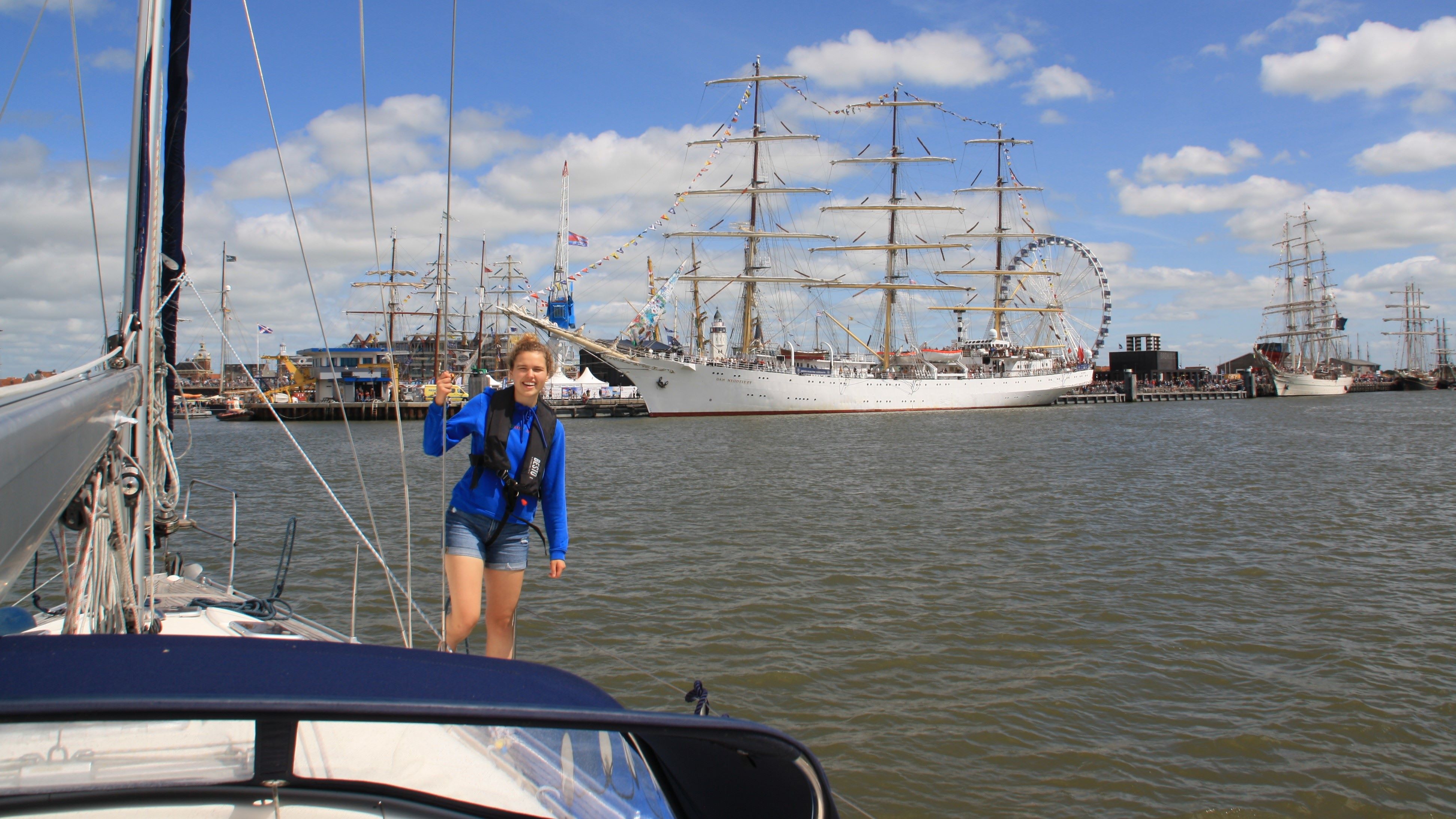Lisanne is in the first year of her PhD on sea level extremes, working with Cambridge Earth Science’s Dr Ali Mashayek and Dr. Andrea Marinoni (UiT the Arctic University of Norway). Lisanne’s project is hosted by the AI4ER (Application of Artificial Intelligence to the study of Environmental Risks) Centre for Doctoral Training programme. Lisanne talks to Erin about her research below.
What are extreme sea level events and why are you studying them?
I’m six months into my project investigating extreme sea level events, which happen due to a combination of high tides, waves and storm surges. Many people will be aware of the devastating North Sea Floods of 1953, when a severe storm coincided with a high spring tide — causing a tidal surge that struck coastal communities in Britain, the Netherlands and Belgium.
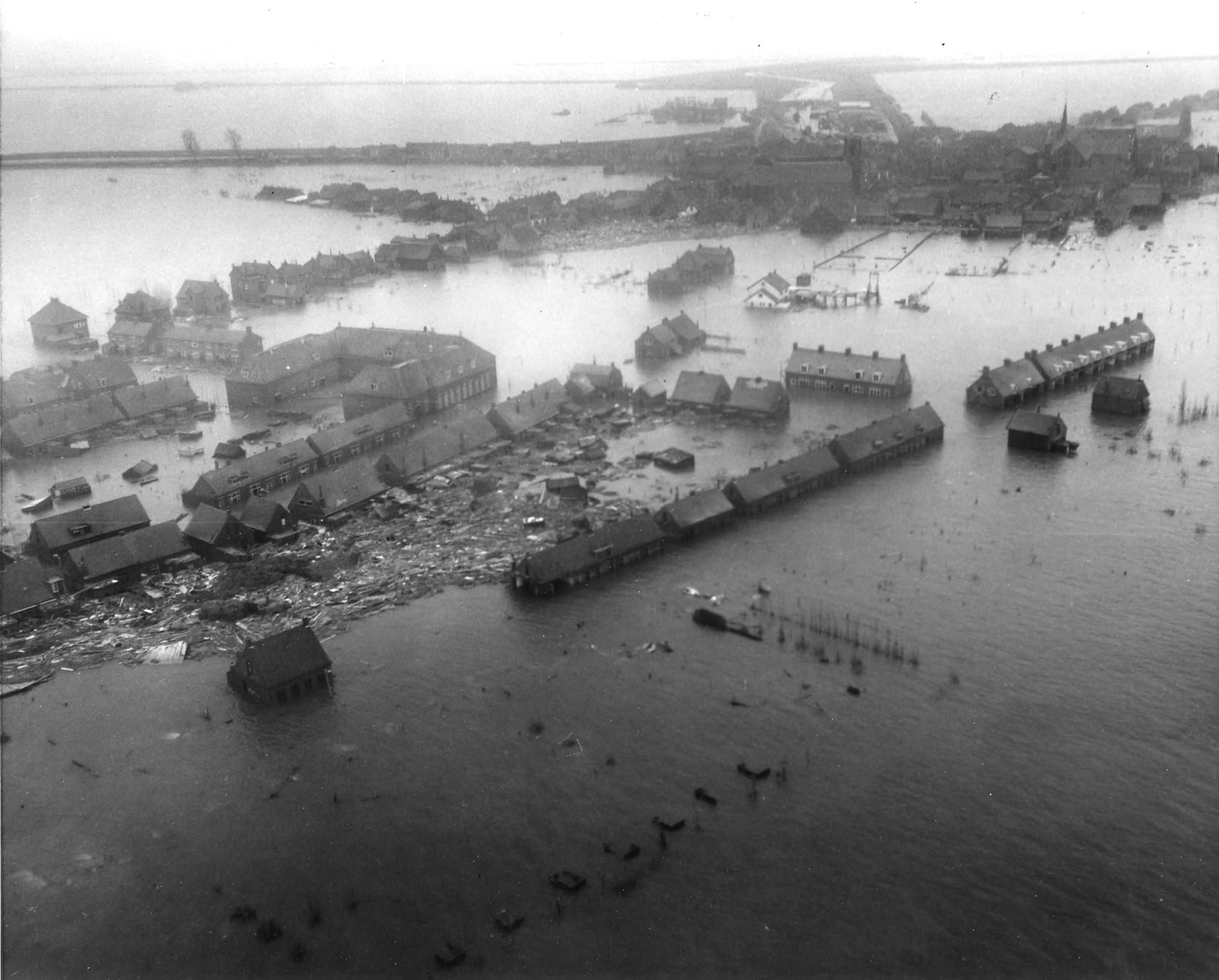
Historically, events like the 1953 flood have happened perhaps once a century, but global warming is set to increase their frequency and severity. There is a lot of uncertainty in the projections of future extreme sea level events, however, because they result from complex interactions between a range of physical variables, such as precipitation, waves, storm surges and tides — and climate change adds another layer to that complexity. In my PhD I’m trying to overcome those uncertainties by using machine learning to understand the chaotic interactions that cause extreme sea level events.
How did you get interested in sea level extremes?
I grew up in the Netherlands, where we have been managing water for centuries — it’s just part of our lives. My interest definitely stemmed from living below sea level (I’ve been sailing since I was a kid). But, even with well-established flood control, we are incredibly vulnerable to climate change in the Netherlands.
When I was home over Christmas there was a lot of news coverage on flooding, and some of it featured interviews and quotes from academics that I recognized my own research field. That really brought the relevance of what I’m doing home to me.
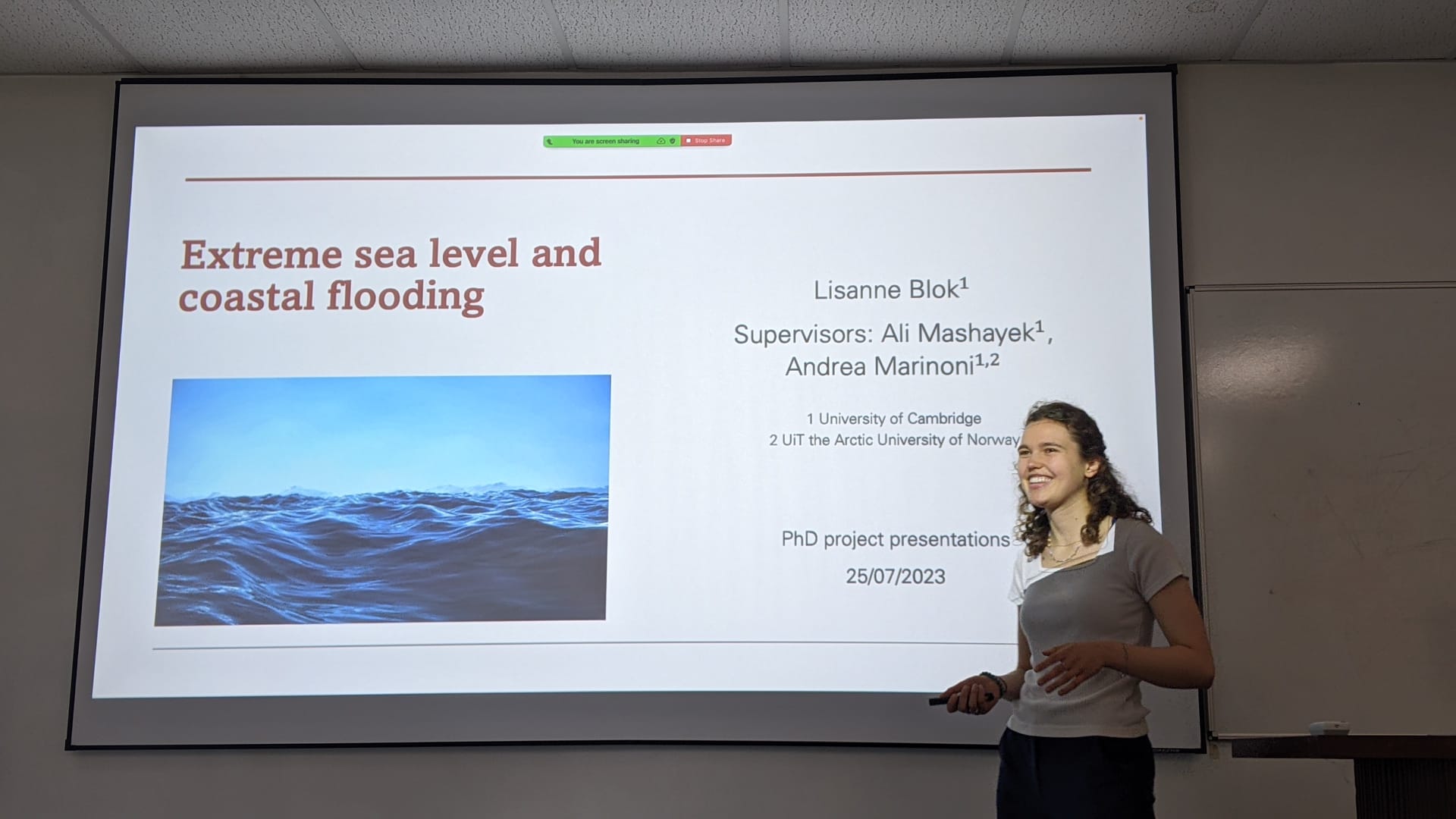
How do you use AI in your research?
Lot’s of people associate AI with the chatbots we hear about in the news. But machine learning has a lot of really useful and positive scientific applications, such as improving our predictions of climate change impacts. One thing that adds uncertainty to climate models is that they rely on assumptions that we make about the impact of changing a variable, such as sea temperature. But often the cause and effect is not linear, and different variables can interact unpredictably. Instead, I can make a machine learning model to establish those relationships for me, so it’s unbiased by human judgement. That means we should get more realistic and meaningful predictions that are hopefully more useful for decision makers.
Where did you learn to code?
I don’t have a background in maths or computing, although my undergraduate degree in Geophysics at Imperial was very quantitative. One of the great things about the AI4ER training programme is that we do an integrated Masters, where we are trained by computer scientists to use AI-based tools and apply that knowledge to climate science. Because a lot of us in our cohort came from different backgrounds and had never used machine learning before it makes for a supportive community. I’ve also found the Department of Earth Sciences, where I’m hosted, to be really friendly — the strong grad community and mentoring scheme here helped me settle in smoothly.

What’s been your favourite thing about your PhD so far?
Doing a computational degree you can spend a lot of time coding the data, which I like, but the fun thing is getting the results — plotting things out and seeing the patterns emerge. That’s one of the nice things about interdisciplinary work: we spend probably half of our time on the computer and then we get to think about the science and how it fits in with the wider picture. Those two complement each other nicely.
What’s your advice for people interested in doing a PhD?
I’d say take your time thinking about the kind of project you want to do — having that extra year during my MRes gave me the opportunity to reflect on my options. I also think talking to people, having discussions and going to seminars, is really important in formulating your ideas — but don’t get caught up too much in what other people might find interesting, it’s your PhD after all!
